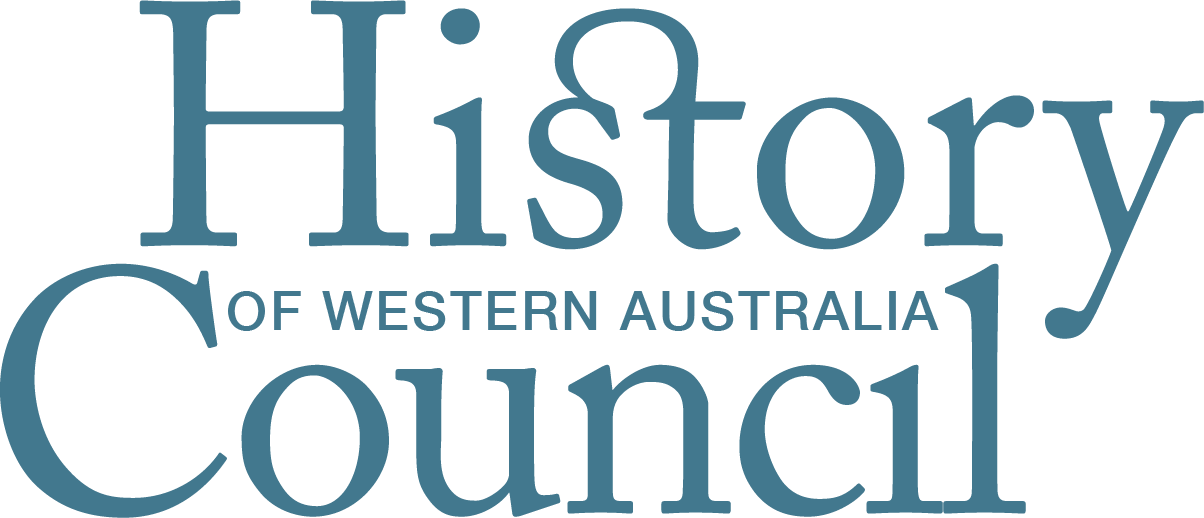President’s Report
Three months ago, we had little idea of the global impact that the Coronavirus Pandemic would cause; the deaths, the lockdowns, closure of businesses, and unemployment. Social distancing seems a small price to pay in the face of a virus for which, as yet, there is no cure and no vaccine. As historians, our minds immediately flew to 1919 and the Spanish Flu which killed at least 50,000 world-wide, including 15,000 Australians. It is interesting, that in the present crisis, various media commentators have turned to history to help make sense of what is happening, with a number of our members sharing their expertise on that period of our history in response to media requests.
An original May Gibbs' drawing during the Spanish Flu epidemic in 1919
We are now living through another historic moment in time, as this excerpt from an article in The New Yorker, 1 May 2020, argues.
The critic Raymond Williams once wrote that every historical period has its own “structure of feeling.” How everything seemed in the nineteen-sixties, the way the Victorians understood one another, the chivalry of the Middle Ages, the world view of Tang-dynasty China: each period, Williams thought, had a distinct way of organizing basic human emotions into an overarching cultural system. Each had its own way of experiencing being alive…
The virus is rewriting our imaginations…. We’re getting a different sense of our place in history. We know we’re entering a new world, a new era…. In many ways, we’ve been overdue for such a shift. In our feelings, we’ve been lagging behind the times in which we live. The Anthropocene, the age of climate change—whatever you want to call it, we’ve been out of sync with the biosphere…burning our ecological capital as if it were disposable income…
Now, all of a sudden, we’re acting fast as a civilization…. We know that we’re living in a moment of historic importance. We realize that what we do now, well or badly, will be remembered later on. This sense of enacting history matters. For some of us, it partly compensates for the disruption of our lives.
The History Council is meeting the challenges of this rapidly changing time. We are still working — from our homes, as many others are, and although we had to postpone our planned Symposium on Historians and the Environment, we are considering new ways of holding such events. We have also contacted the Premier once again, to enquire whether a planning committee is to be set up for the State Bicentenary in 2029. In the meantime, we continue with our advocacy on your behalf. In the face of the pandemic, we are really impressed by all the positive and innovative responses from so many in the history community of Western Australia.
Jenny Gregory

